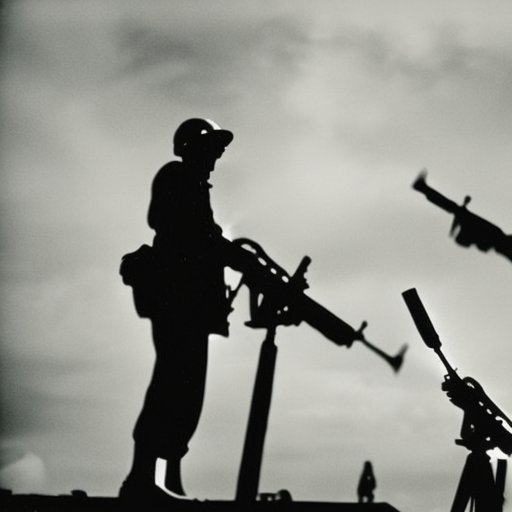Banana Wars: A Summary
The Banana Wars were a series of conflicts and interventions carried out by the United States in Central America and the Caribbean between the late 19th and early 20th centuries. These wars were primarily motivated by economic interests, particularly the desire to protect and control the lucrative banana trade in the region. The United States intervened militarily in several countries, including Honduras, Nicaragua, and Panama, to safeguard American business interests and maintain political stability.
Background
During the late 19th century, American corporations, such as the United Fruit Company (later known as Chiquita Brands International), gained significant control over the banana industry in Central America and the Caribbean. The region’s favorable climate and fertile soil made it an ideal location for banana plantations. However, the political instability and weak governments in many of these countries posed a threat to American business interests.
Interventions in Honduras
The United States first intervened in Honduras in 1903, when the country was experiencing political turmoil. American troops were sent to protect American lives and property, as well as to ensure the smooth operation of banana plantations owned by American companies. This intervention set a precedent for future American involvement in the region.
In 1907, the United States intervened again in Honduras, this time to suppress a rebellion against the government. American forces occupied the country for several months, establishing a military presence and exerting influence over the Honduran government. This intervention further solidified American control over the banana industry in Honduras.
Interventions in Nicaragua
The United States also intervened in Nicaragua multiple times during the Banana Wars. In 1912, American forces were sent to Nicaragua to protect American business interests and support the conservative government. The intervention lasted for several years, during which the United States established a military presence and exerted significant control over the country’s affairs.
In 1926, a rebellion broke out in Nicaragua against the American-backed government. The United States responded by sending troops to suppress the rebellion and maintain control over the country. The intervention lasted until 1933 and resulted in the establishment of a pro-American government.
Interventions in Panama
Panama, a crucial transit point for the banana trade, also experienced American intervention during the Banana Wars. In 1903, the United States supported Panama’s independence from Colombia, primarily to secure control over the Panama Canal. This intervention allowed the United States to maintain a strong presence in Panama and protect its economic and strategic interests in the region.
Legacy
The Banana Wars had a lasting impact on the countries involved. American interventions often resulted in the suppression of local uprisings and the establishment of pro-American governments, which allowed American corporations to maintain control over the banana industry. However, these interventions also fueled anti-American sentiment and contributed to political instability in the region.
The United States’ involvement in the Banana Wars highlighted its growing economic and political influence in Central America and the Caribbean. It demonstrated the willingness of the United States to use military force to protect its economic interests abroad, setting a precedent for future interventions in other parts of the world.
In conclusion, the Banana Wars were a series of conflicts and interventions carried out by the United States in Central America and the Caribbean to protect and control the lucrative banana trade. These interventions, primarily motivated by economic interests, resulted in the establishment of pro-American governments and the consolidation of American control over the banana industry. However, they also contributed to political instability and anti-American sentiment in the region.












